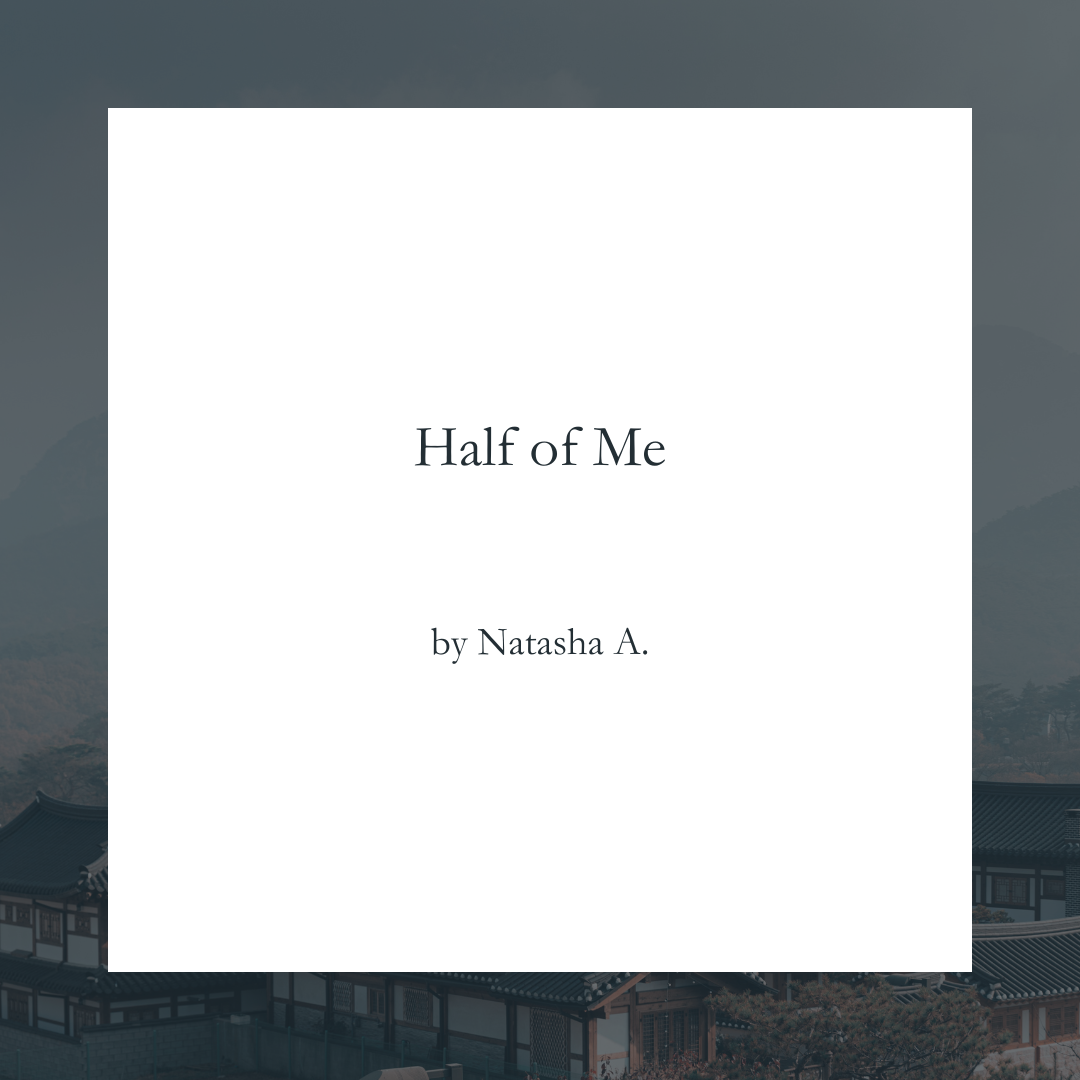Exploring my Heritage and Identity Through Haiku
Writing has been a part of my identity and self-exploration since the age of eight.
Photos and writings provided by Natasha A.
My mother brought home an IBM desktop computer with a black screen and green font. Every single day, I sat at that computer and wrote. It brought me so much joy. I would print my stories on the DOT matrix printer and cherish them alone.
As I aged, my stories entered worlds of my own making.
One of my most important stories was about a biracial Korean-American exorcist who helped ghosts transition over to the next plane. This was inspired by my maternal connection to the shamanism of Jeju Island coupled with my fascination with Jesus Christ’s exorcism practices.
Writing fiction was a safe way to tell the truth and confess my secrets without anyone knowing. My transition to poetry speaks to the courage I am developing to own my truth as well, as my secrets.
I have been writing haiku for eight years. It started as a desperate attempt to remain creative as a mother of a newborn and toddler.
It has since become my primary form of artistic expression.
The African-American author Richard Wright is the reason why I love the form; in his final years fighting illness, he studied haiku and wrote thousands of his own.
I lovingly own a copy of his haiku anthology and default to it like someone who might seek out the scriptures of their religious tradition.
My haiku thematically revolve around spirituality, heritage, and motherhood because those are at the forefront of my consciousness.
I have explored my heritage since young adulthood and feel that I get less certain about my ethnic identity as I age.
I have a series of haiku that I revisit every so often in which the first line is always “half Korean girl.” As I learn more about my heritage, I process it through writing poetry.
My identity as a mother is always at the periphery of my creative expression. I started my Instagram account as a repository for my haiku; after every sixty posts, a book of them prints as an heirloom for my daughters.
My hope is that the books can provide context for them when they are older as a companion to their memories of me
Visit https://linktr.ee/writethreelines to purchase Natasha’s chapbook and see a poetry talk she did with a fellow poet.

















